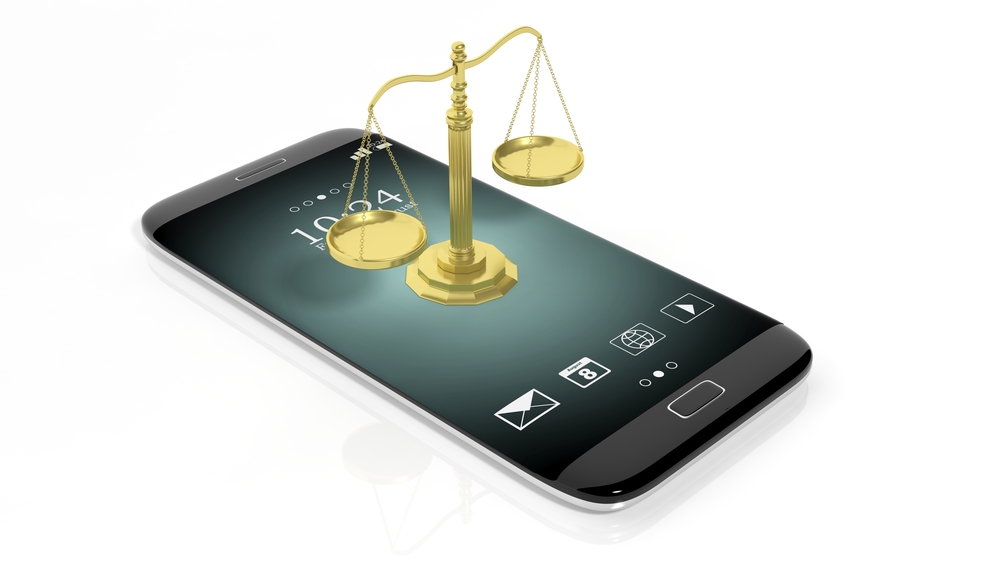Worldwide, there are 2.3 billion active social media users, according to data from We Are Social’s Digital in 2016. When it comes to jurors, social media “can be an invaluable fact-checking resource. A juror may lie in the courtroom, but not on her WordPress.” – Neil Merkl, Kelley Drye & Warren LLP.
And while the results of a recent survey of jurors noted that more than two thirds expected defense lawyers to monitor their social media sites for publicly visible information, there has been concern by judges and legal ethical bodies over privacy.
The ABA Commission on Ethics and Professional Responsibility has opined that it is permissible for attorneys to view publically accessible information on social media sites of potential and current jurors; however, they cannot make contact with that juror via social media in any way. This includes the obvious methods of engagement, such as friend requests by the attorney which is prohibited under Model Rule 3.5(b). It is also a violation of Model Rule 3.5(b) for an attorney to enlist a third party to engage in contact via social media because a “lawyer may not do through the acts of another what the lawyer is prohibited from doing directly.” In some jurisdictions, like New York, if jurors are alerted to profile views even though an attorney may be unaware of the automatic notification, the “lawyer is said to have contacted the juror,” according to Neil Merkl, Kelley Drye & Warren LLP.
It is not just what a juror posts to his or her social media that can have an impact on a trial, but also what friends and families of the juror post. Law Technology Today reports that “a jury’s job is to evaluate only the evidence presented by the attorneys, the testimony of the witnesses, and the evidence presented in court.”
And even though jurors are now given specific instructions regarding the use of social media, we live a world where the flood of information is constant on multiple mediums. Completely severing this tie could cause the juror to be deprived of connections to the outside world and a loss of interest in the case, cautions Law Technology Today.
What do you think it will take to balance juror privacy and connectivity with the ability to conduct a fair trial?

